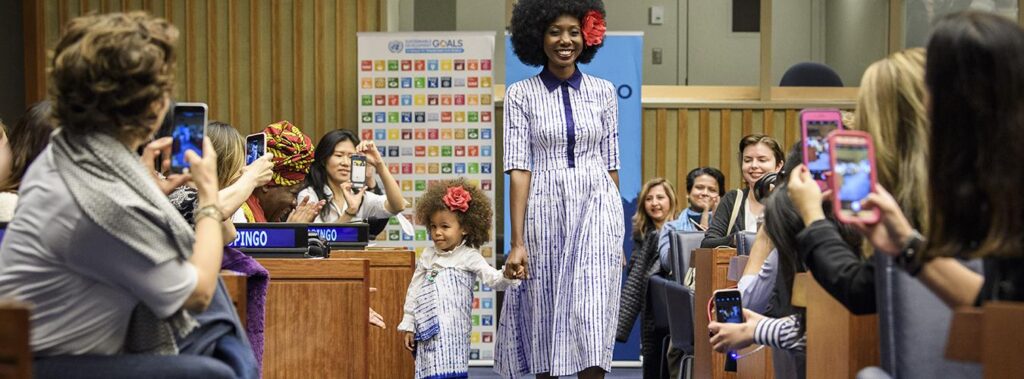World Creativity and Innovation Day

World Creativity and Innovation Day

-
This event has passed.
Event Details:
-
April 21 – April 21
-
About the Event:
Creativity and innovation in problem-solving
There may be no universal understanding of creativity. The concept is open to interpretation from artistic expression to problem-solving in the context of economic, social and sustainable development. Therefore, the United Nations designated 21 April as World Creativity and Innovation Day to raise the awareness of the role of creativity and innovation in all aspects of human development.
Creativity and culture
The creative economy too has no single definition. It is an evolving concept which builds on the interplay between human creativity and ideas and intellectual property, knowledge and technology. Essentially it is the knowledge-based economic activities upon which the ‘creative industries’ are based.
Creative industries –which include audiovisual products, design, new media, performing arts, publishing and visual arts– are a highly transformative sector of the world economy in terms of income generation, job creation and export earnings. Culture is an essential component of sustainable development and represents a source of identity, innovation and creativity for the individual and community. At the same time, creativity and culture have a significant non-monetary value that contributes to inclusive social development, to dialogue and understanding between peoples. Today, the creative industries are among the most dynamic areas in the world economy providing new opportunities for developing countries to leapfrog into emerging high-growth areas of the world economy.
New momentum for the SDGs
On World Creativity and Innovation Day, the world is invited to embrace the idea that innovation is essential for harnessing the economic potential of nations. Innovation, creativity and mass entrepreneurship can provide new momentum towards achieving the Sustainable Sustainble Goals (SDGs). It can harness economic growth and job creation, while expanding opportunities for everyone, including women and youth. It can provide solutions to some of the most pressing problems such as poverty eradication and the elimination of hunger. Human creativity and innovation, at both the individual and group levels, have become the true wealth of nations in the twenty-first century.
Reshaping policies for creativity
Culture and creativity account for 3.1% of global Gross Domestic Product (GDP) and 6.2% of all employment. Exports of cultural goods and services doubled in value from 2005 to reach US$389.1 billion in 2019. Besides being one of the youngest and fastest growing economic sectors in the world, new and ongoing challenges also make the creative economy one of the most vulnerable sectors that is often overlooked by public and private investment. The 2022 UNESCO report, Re|Shaping Policies for Creativity – Addressing culture as a global public good offers insightful new data that shed light on emerging trends at a global level, as well as putting forward policy recommendations to foster creative ecosystems that contribute to a sustainable world by 2030 and beyond.
Growth through green innovation
Achieving the 2030 Agenda for Sustainable Development and the 17 SDGs – the most ambitious development agenda in human history – requires both creativity and innovation. Green technologies – those used to produce goods and services with smaller carbon footprints – are growing and providing increasing economic opportunities but many developing countries could miss them without decisive action. Through its Technology and Innovation Report 2023, UNCTAD calls on governments to align environmental, science, technology, innovation and industrial policies.

